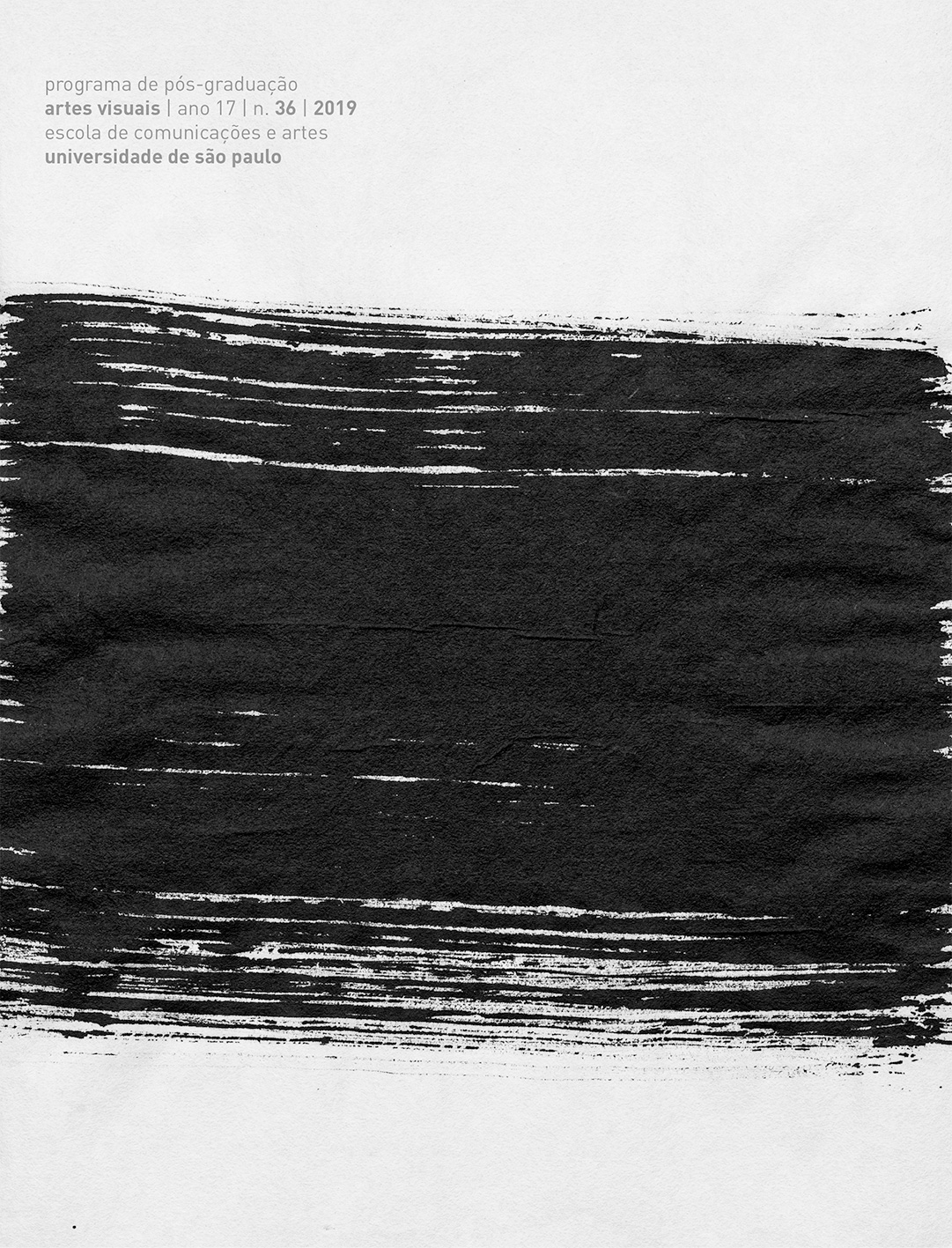Philosophical Considerations on the Concept of Living and Visiting in the Tanztheater Wuppertal Artistic Residences
DOI:
https://doi.org/10.11606/issn.2178-0447.ars.2019.153208Keywords:
Pina Bausch, Artistic Residence, Dance Theatre, Creative ProcessAbstract
This paper consists on a philosophical essay on the meaning of living and visiting/traveling from the artistic work of the German choreographer Pina Bausch. Taking as a starting point the appreciation of a set of pieces presented at the London Olympic Games in 2012 by the dance company of Pina, this research seeks to delimit the artist's production, in order to differentiate three poetic phases, focusing especially on a late one – which is characterized by the company dancers' relationship with cities from all over the world; it aims, therefore, to unravel the problem of living and traveling/visiting in the creative process of this choreographer to demonstrate the ethical and aesthetic potentialities of a given form of artistic composition – paradoxically singular and plural.
Downloads
Downloads
Published
Issue
Section
License
The responsibility for obtaining written permission to use in the articles materials protected by copyright law lies entirely with the author(s). Ars is not responsible for copyright breaches made by its collaborators.
The authors have the copyrights and grant the journal the right of the first publication, with the article licensed under the Creative Commons BY-CC License.
Licensees have the right to copy, distribute, display, and carry out the work and make derivative works from it, including with commercial purposes, granted that they give the due credit to the author or licensor, as specified by them.
Licensees compromise to inform the appropriate credit, provide a link to the license, and indicate if changes were made.
Respected the terms of the license, the licensors/authors are not allowed to revoke the conditions above mentioned.
After the publication of the articles, the authors keep the copyrights and the rights to republish the text exclusively in unpublished books and collections.



